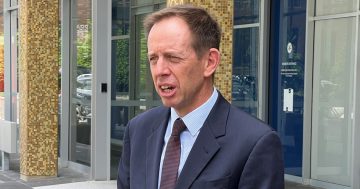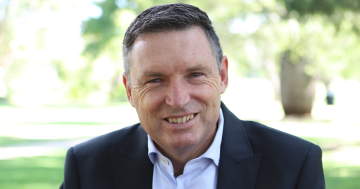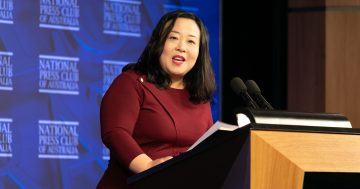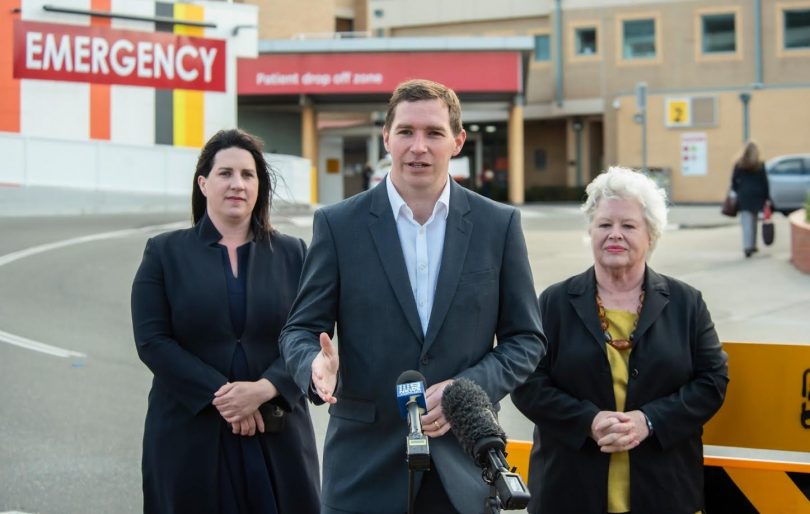
The Canberra Liberals have released a post-mortem on their 2020 election loss. Photo: Supplied.
Candidates not knowing their own political messaging, inadequate research on the Greens and a failure to land “any effective political punches” on Labor contributed to the Canberra Liberals’ election loss, according to the party’s election postmortem.
It further identified a need to initiate a whole-term election plan to win government, including boosting the profile of the leader, positioning local MLAs as highly motivated members and a refined message.
The Liberals were also unable to attract ‘soft Green’ voters who turned to the party for environmental reasons but may not have supported “the radical side of the Greens’ agenda”, which the report identified as having an “anti-small business bent, or soft law and order policies”.
Ironically, many ACT voters thought the centrepiece of the Liberals’ environment plan – to plant one million trees – was Greens policy.
The review panel, consisting of former Chief of Staff to Prime Minister John Howard, Grahame Morris, former Canberra Liberals MLA Vicki Dunne, and former Canberra Liberals director and 2016 campaign manager Daniel Clode, found that campaign work began too late and preparation for the election was not fast or mature enough.
The campaign ultimately resulted in the Liberals losing two seats and experiencing a 3.1 per cent swing against them.
Apprehension about voting for then Opposition Leader Alistair Coe were amplified by opaque policy costings, while evidence of patchy cohesion between existing Liberal MLAs also created a distraction.
Mr Coe was repeatedly asked how he was going to pay for his policies without spending any more money or cutting any services. He repeatedly said the Liberals would “grow the pie” and entice more people to live in the ACT but rarely offered answers on costings.
The autopsy report found that the lack of detail around some policies invited voter cynicism about achievability and a failure to answer questions about substance then “looked like a campaign tactic to avoid detailed answers”. This was exacerbated when members could not agree on a policy position, which led to backflips on light rail policy during the election.
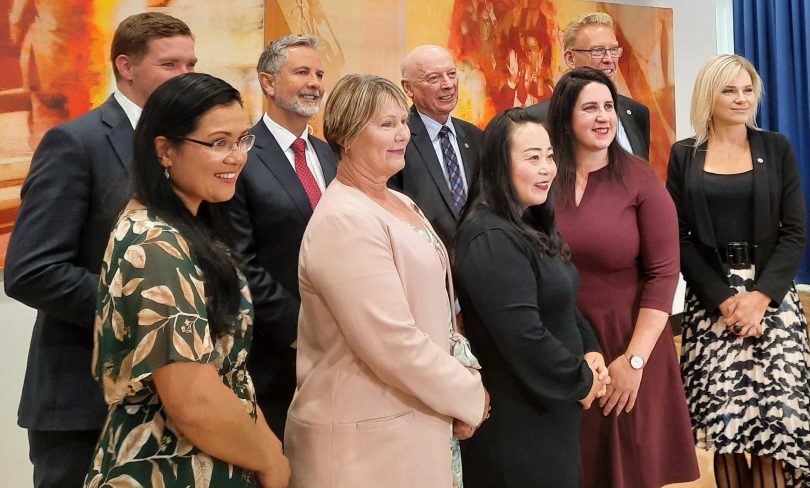
The Canberra Liberals were reduced to nine members following a swing of -3.1 per cent against the party.
“The self-inflicted injuries on [light rail] suggested there had not been policy clarity nor policy stress testing and that there was a lack of conviction in setting a direction,” the review said.
A lack of a standout local issue to galvanise voters, such as light rail at the previous election, further scattered the Liberals’ chances.
However, despite internal shortcomings, the review also identified the challenge of facing an incumbent government during COVID-19.
Fiscal policy and messages about the economy were stripped away with the increased spending from governments, and arguments about the increased cost of living were ineffective due to increased spending and supplements.
“The year 2020 was a terrible time to be in Opposition, let alone trying to run a winning election campaign,” the report said.
“The massive spending by all governments in Australia and around the world to combat the Coronavirus meant that traditional economic management issues, tax and spending levels and many hip-pocket appeals, were not as potent in this unusual climate.
“Cost of living issues had some resonance with Canberrans in tighter economic circumstances, but public spending during the lead-up to the election … ensured that large parts of the electorate remained very comfortable.”
With COVID-19 dominating the news cycle for most of the year, announcements were delayed, which consequentially resulted in a “machine gun-like release of policies”.
Not only did candidates not have enough time to sell the message, but voters had already cast their ballots before some policies were released due to the focus on early voting during the pandemic.
“Almost every candidate said the policies were released so late and so scrunched into a short time frame that there was little opportunity to promote them properly on the ground,” the review said.
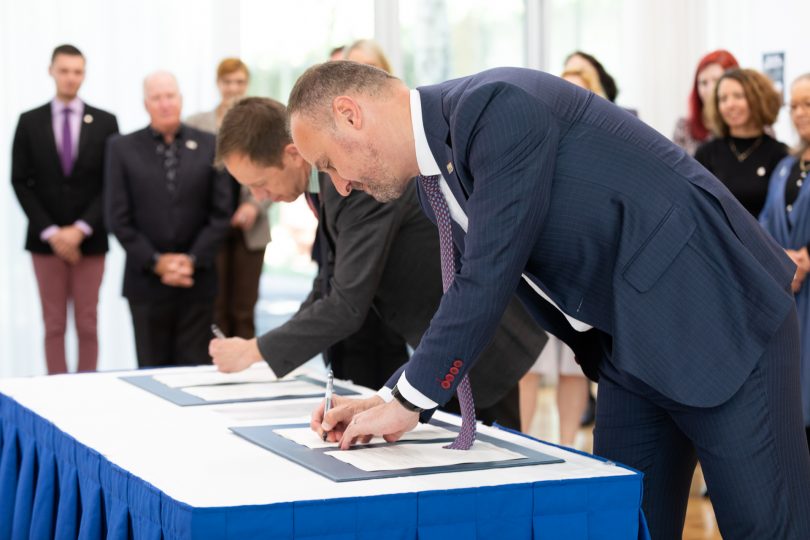
The Liberals will focus on strongly linking the Greens with the government. Photo: Michelle Kroll.
But an upset in the Territory is not beyond the party if the Canberra Liberals nail the right strategy and consistently works on its execution, the review said.
“There is an old, somewhat clichéd saying that you can’t fatten the cow on market day,” it said.
“Input from those close to the campaign … indicate that work that should have been done in the three years prior to the election either had not been done or not done adequately.
“Work should start immediately on campaigning for 2024.”
The Liberals will now target the “ethical shortcomings” of the government as it tries to entice Canberrans to separate from a government that has been in power for more than 20 years.


















